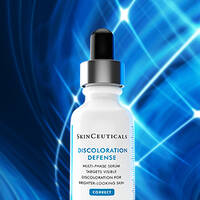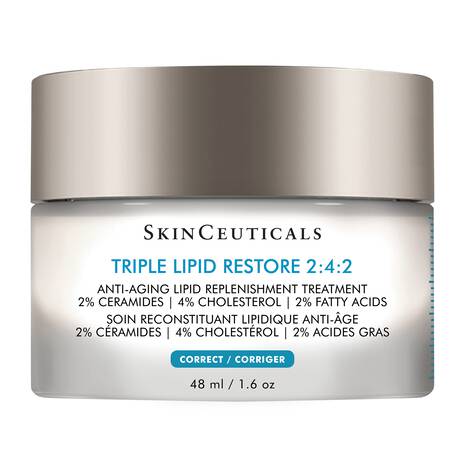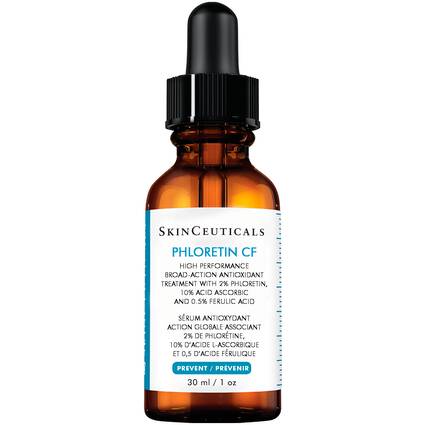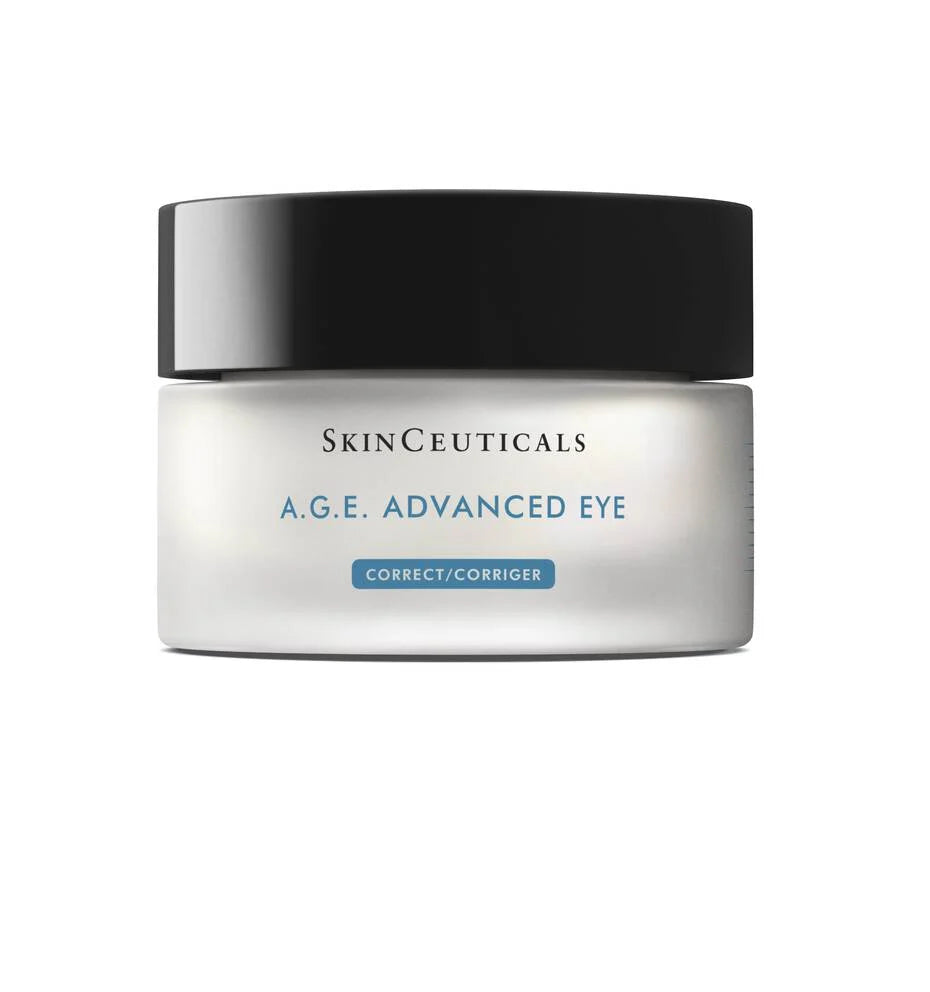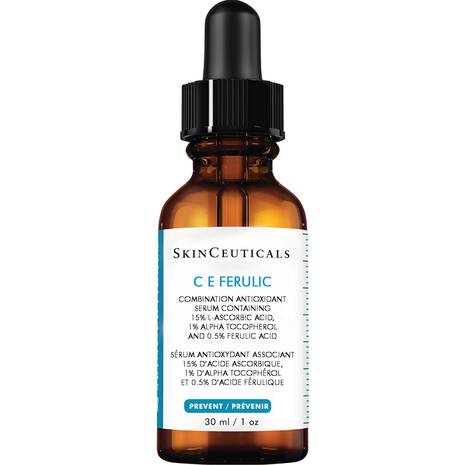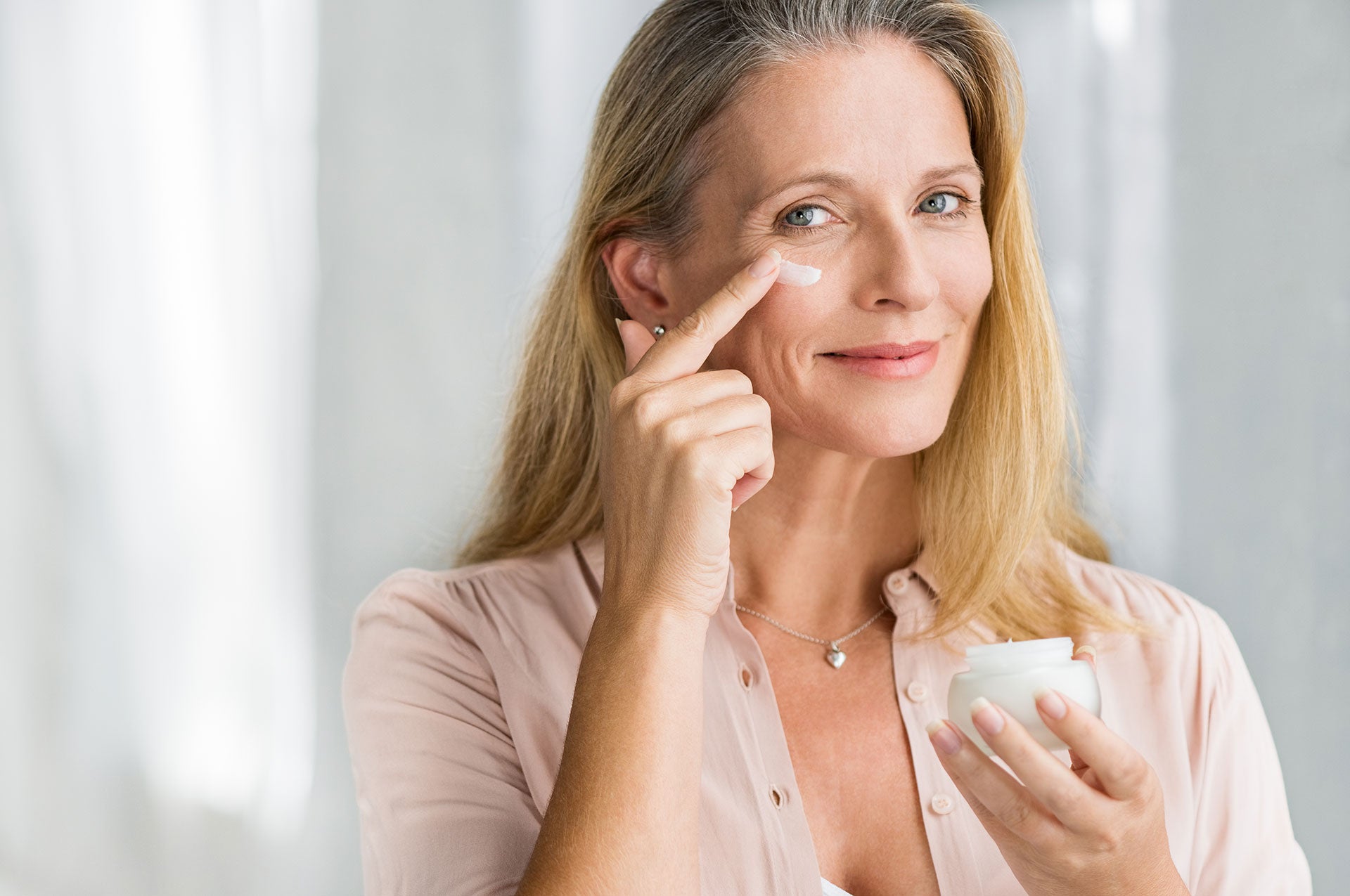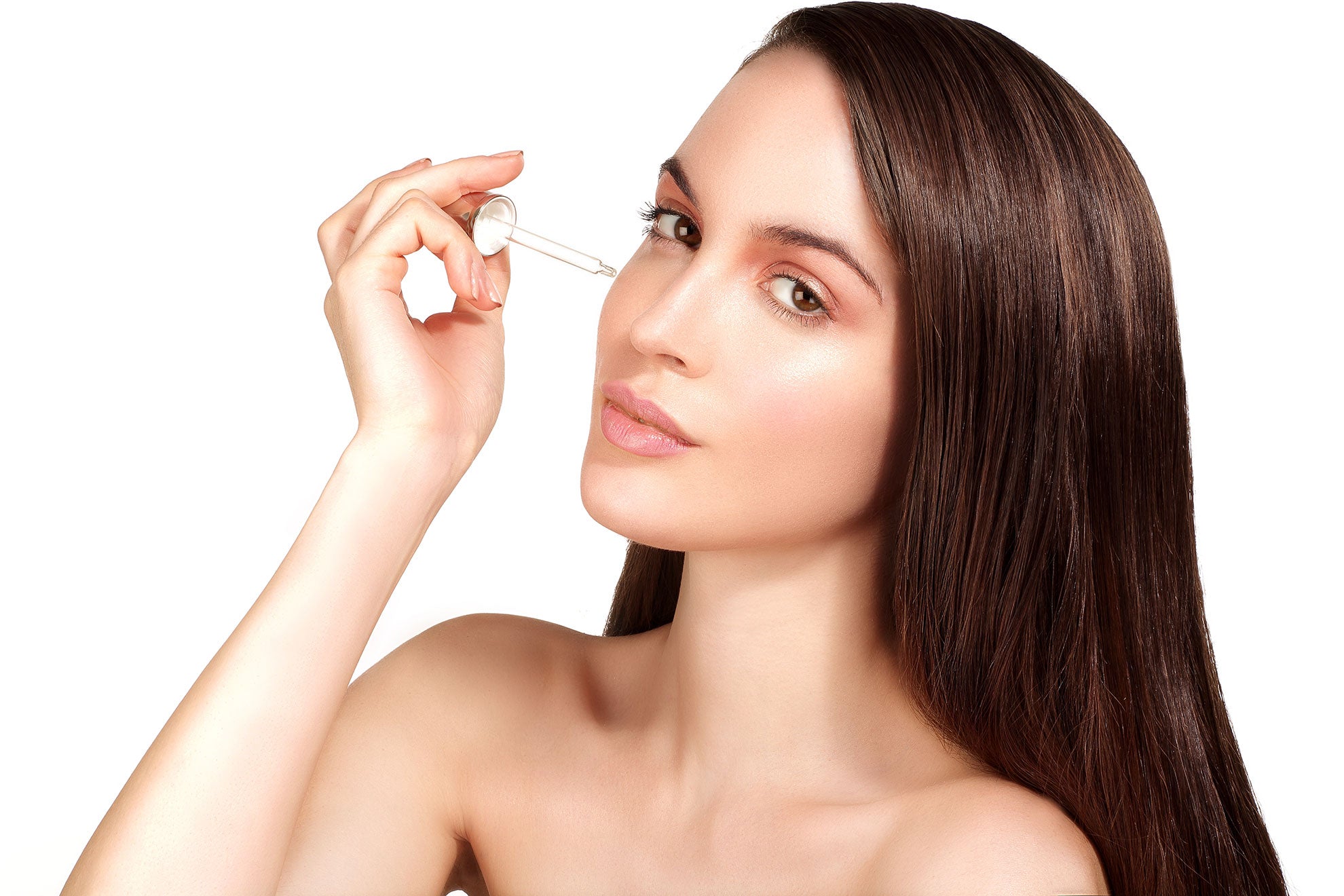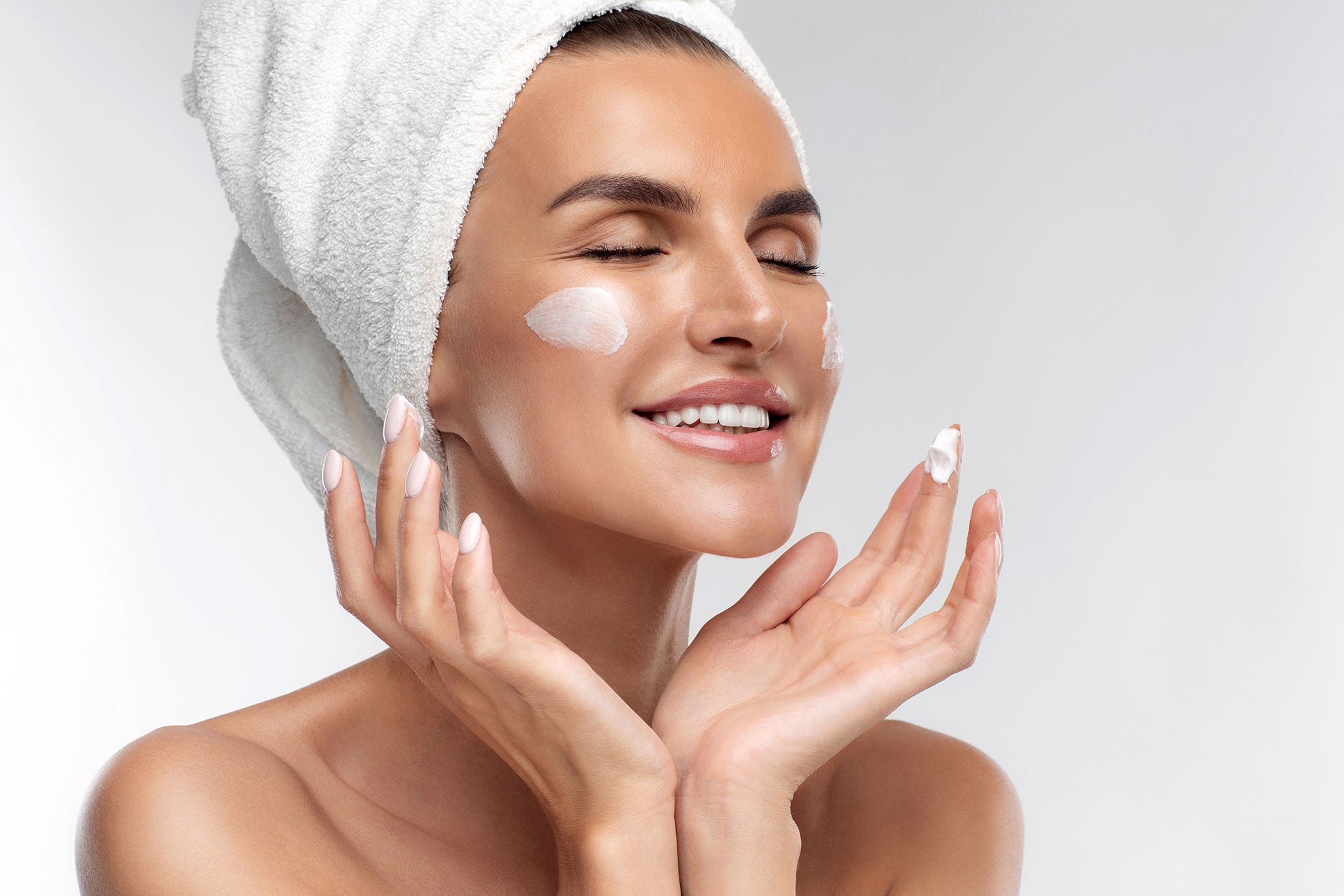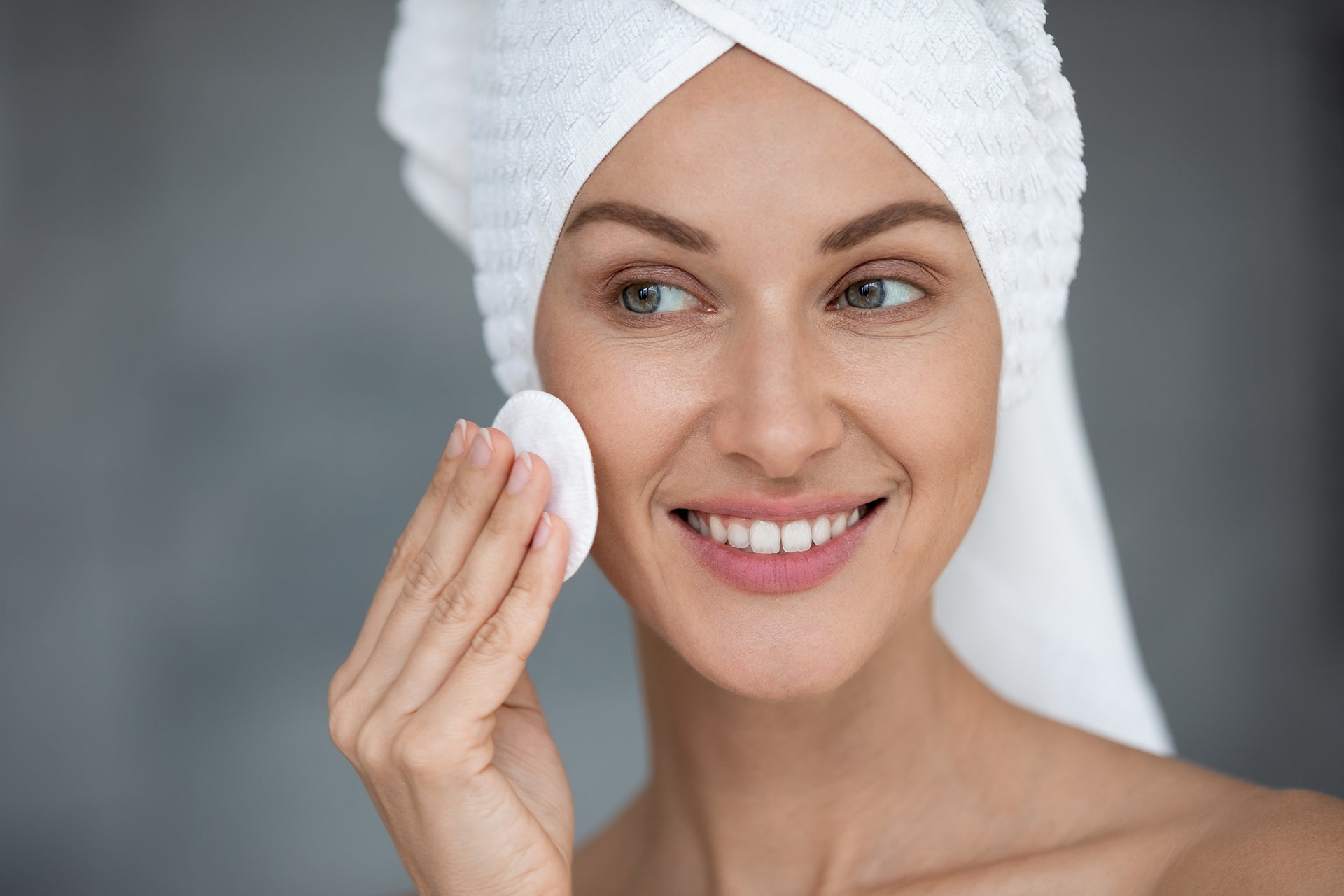Four anti-aging tips

Tips that could transform your beauty routine
1. You should wash your skin with a mild soap
Cleansing your skin is important to remove makeup as well as the skin's natural oils, pollutants or bacteria that might have accumulated during the day. It is therefore important to use a gentle cleanser to preserve your skin barrier and keep it resistant to dehydration and damage. Though some people might be tempted to think that all soaps are equal, there is, however, a difference between a traditional soap and a mild soap. This difference has everything to do with the ingredients in these products since many soaps sold in stores are not "real" soaps, as they are usually made from a combination of natural fats and an alkali (soda). Today, many traditional soaps are actually detergents or synthetic cleansers and may contain fragrances, sodium lauryl sulfate and other skin-harming ingredients. Remember that the pH (abbreviation of hydrogen potential) measures the acidity of a solution on a scale from 0 to 14 and that between 0 and 6 the solution is said to be acidic, at 7 it is neutral, and above 7 it is alkaline or basic. The pH of a soap resulting from saponification is between 8 for the softest and 11 for the most alkaline like a soap of Marseille. However, the pH of the skin is acidic and is generally between 5.5 and 6.5, which means that the pH of the soap is not neutral but necessarily higher than that of the skin. Low pH cleansers help maintain an optimal skin balance without the need to buy cleansers with fancy active ingredients since they don't stay on your skin very long. These active ingredients are much more useful in later steps, such as when you apply a serum.
2. Don't forget to use a physical or chemical exfoliator
The skin naturally gets rid of dead skin cells, but certain factors (can block this process. This is why regular, gentle exfoliation is essential to increase cell renewal, especially during the winter months. Moreover, with age, the skin regenerates less quickly and dead cells are not replaced as quickly by new ones, which gives your skin a dull and irregular appearance. Exfoliants are therefore a great way to help remove dead skin cells from your skin that effectively exfoliate the top layer of skin. There are two main categories of exfoliants, physical (scrub and scrubbing) and chemical (peeling). Physical exfoliation acts mechanically, by friction, thanks to the abrasive particles it contains and is ideal for deep facial cleansing, removing blackheads and toning your face. Chemical exfoliation on the other hand uses active ingredients such as fruit acids or enzymes in order to effectively dissolve the dead cells on the surface of the skin. This approach is ideal for deep facial cleansing to unclog pores and soften the skin.
3. Sometimes, less is probably more
If your morning and evening skincare routine is filled with products, serums and moisturizing masks (to name a few), it turns out that may not be a good thing. In fact, less is always more, especially for those prone to breakouts and sebum and enlarged pore issues as you should try to use as little product as possible to help prevent future clogs. The goal here is not to see how many different products you can use, but to be able to quickly identify which ones will get you the results you want.
4. Always apply sunscreen
Sunscreen is a good way to keep your skin as youthful as possible because the sun is responsible for many of the visible signs of aging on your skin. The sun's UV rays can cause aging by promoting the breakdown of collagen, which contributes to thinning skin and the appearance of wrinkles and uneven pigmentation spots.A daily application of a broad spectrum SPF 30 sunscreen can fade age spots, improve skin texture and smooth out wrinkles. Sunscreen keeps the skin from being continually assaulted by UV rays, allowing its own regenerative abilities to work. You can also protect your skin from the sun in other ways by wearing protective clothing such as long-sleeved shirts, hats and sunglasses, which will reduce your exposure to aging and carcinogenic UV rays. Besides your face, the main areas that reveal your age are your neck, chest and hands.
